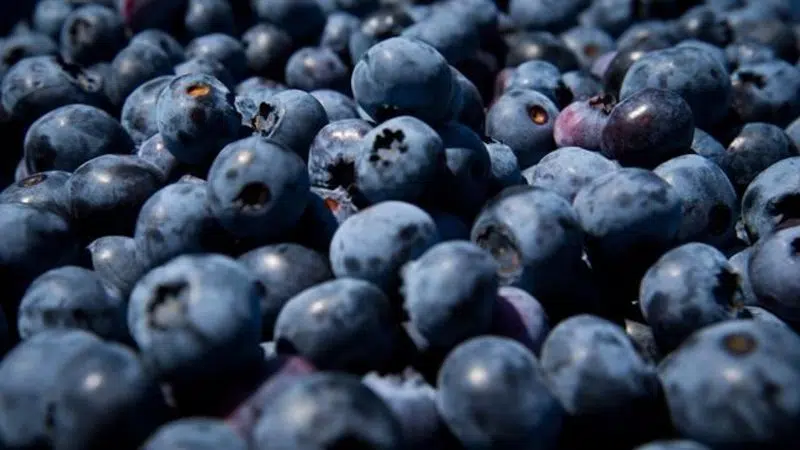
B.C. court reduces sale price of blueberry farm after former owners poison crop
VANCOUVER — A “vindictive” and “malicious” decision by two British Columbia blueberry farmers to poison their fields rather than hand over the farm in a court-ordered sale has cost the two men almost $3 million.
A decision from B.C. Supreme Court Justice Geoffrey Gomery finds the damage to the farm in Langley by former owners Zora and Harminder Grewal was “pointless” and will be felt for more than a decade.
Gomery says in the decision that although the case against the brothers is circumstantial, there are “no other plausible candidates” who could have sprayed almost 24-hectares of healthy blueberries with chemicals, destroying the crop just as the farm changed hands.
The new owners, Malkiat and Satwant Baring, had purchased the property for $5.5-million in a foreclosure sale in June 2017 and, after an unsuccessful appeal by the Grewals, took over the farm a month later.


